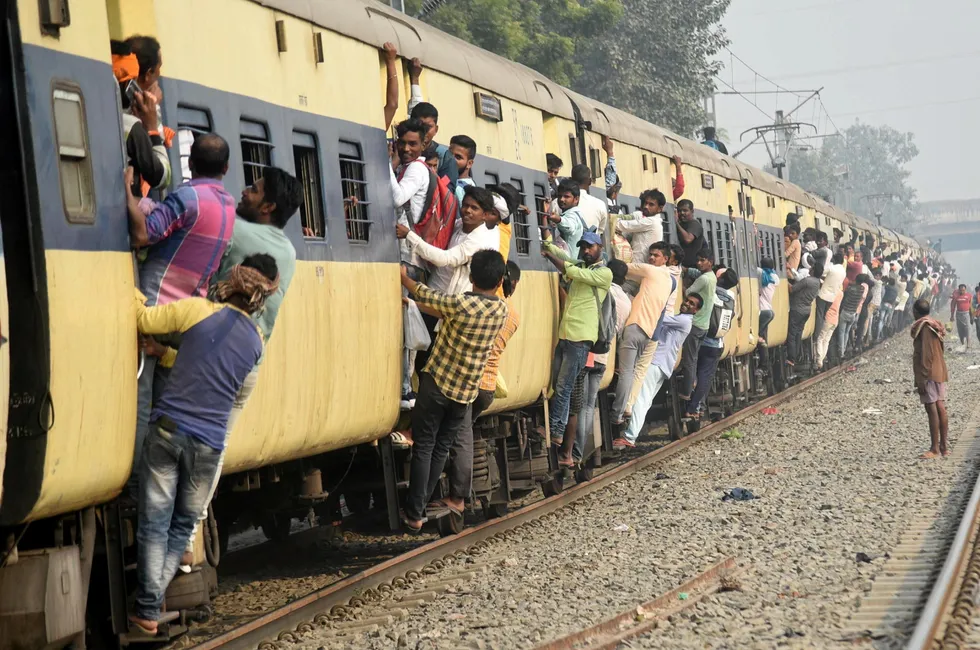India will roll-out first hydrogen train by December 2023, claims railway minister
Domestically designed and built Vande Metro trains could become India’s first H2-powered locomotives, but questions remain over pace of delivery

Domestically designed and built Vande Metro trains could become India’s first H2-powered locomotives, but questions remain over pace of delivery
